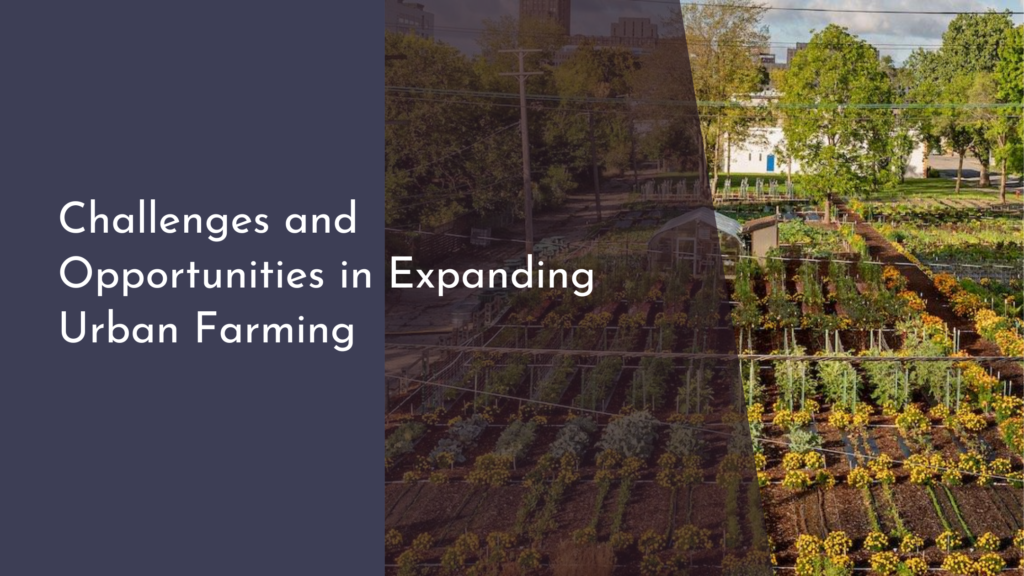The Impact of Public Transportation on Sustainability
In an era where sustainability is no longer just a buzzword but a necessity, public transportation emerges as a powerful ally in the quest for a greener planet. As cities expand and environmental concerns become more pressing, the role of public transit systems in fostering a sustainable future cannot be overstated. This article explores the multifaceted impact of public transportation on sustainability by examining its environmental, economic, and social benefits.
How Public Transit Promotes Environmental Health
Public transportation systems play a crucial role in reducing the carbon footprint of urban areas. By providing an efficient alternative to individual car usage, public transit significantly lowers greenhouse gas emissions. For instance, a single full bus can replace up to 50 individual cars on the road, which translates to a substantial reduction in emissions and energy consumption. This decrease in vehicle emissions directly contributes to better air quality, reducing the incidence of respiratory diseases and promoting overall environmental health.
Moreover, public transit systems often incentivize the use of cleaner energy sources. Many modern public transportation vehicles, including electric buses and trains, operate on renewable energy, further decreasing reliance on fossil fuels. Cities around the world are investing in sustainable transit technologies, such as hydrogen-powered buses and electrified rail systems, to enhance their environmental performance. This shift not only mitigates climate change impacts but also encourages the development of innovative green technologies.
Economic Advantages of Sustainable Transportation
Investing in public transportation brings substantial economic benefits by generating jobs and stimulating local economies. The construction and maintenance of transit infrastructure create numerous employment opportunities, ranging from engineering to daily operations. Furthermore, the improved accessibility that public transit provides can boost local businesses by increasing foot traffic and expanding customer bases. When people can easily reach shopping districts and commercial areas, economic activity flourishes.
Public transportation also offers financial savings for both individuals and governments. For citizens, using public transit can significantly reduce commuting costs, including fuel, parking fees, and vehicle maintenance expenses. On a larger scale, efficient public transportation systems reduce the need for costly road expansions and repairs, allowing governments to allocate funds to other crucial areas such as education and healthcare. Overall, sustainable transportation systems prove to be a wise economic investment with long-term payoffs.
Social Benefits of Expanding Public Transit Systems
Expanding public transit systems enhances social equity by providing mobility to all segments of society, including those who cannot afford private vehicles. Reliable and affordable transportation allows individuals to access essential services, education, and employment opportunities, fostering social inclusion and reducing inequalities. When people from diverse backgrounds can readily move throughout a city, it promotes a more connected and cohesive community.
Additionally, public transportation contributes to improved quality of life by reducing traffic congestion and travel times. With fewer vehicles clogging the roads, cities experience less noise pollution and traffic-related stress, creating a more pleasant urban environment. Public transit systems also encourage a more active lifestyle; people often walk or cycle to transit stations, integrating physical activity into their daily routines. These social benefits highlight the role of public transportation in building healthier, more vibrant communities.
In conclusion, public transportation stands as a cornerstone of sustainability, offering compelling environmental, economic, and social advantages. As urban populations grow and environmental challenges mount, expanding and improving public transit systems becomes imperative. By embracing sustainable transportation, we can pave the way toward a cleaner, healthier, and more equitable future. Together, through thoughtful investment and innovation, we can make public transit the backbone of a sustainable urban existence.

